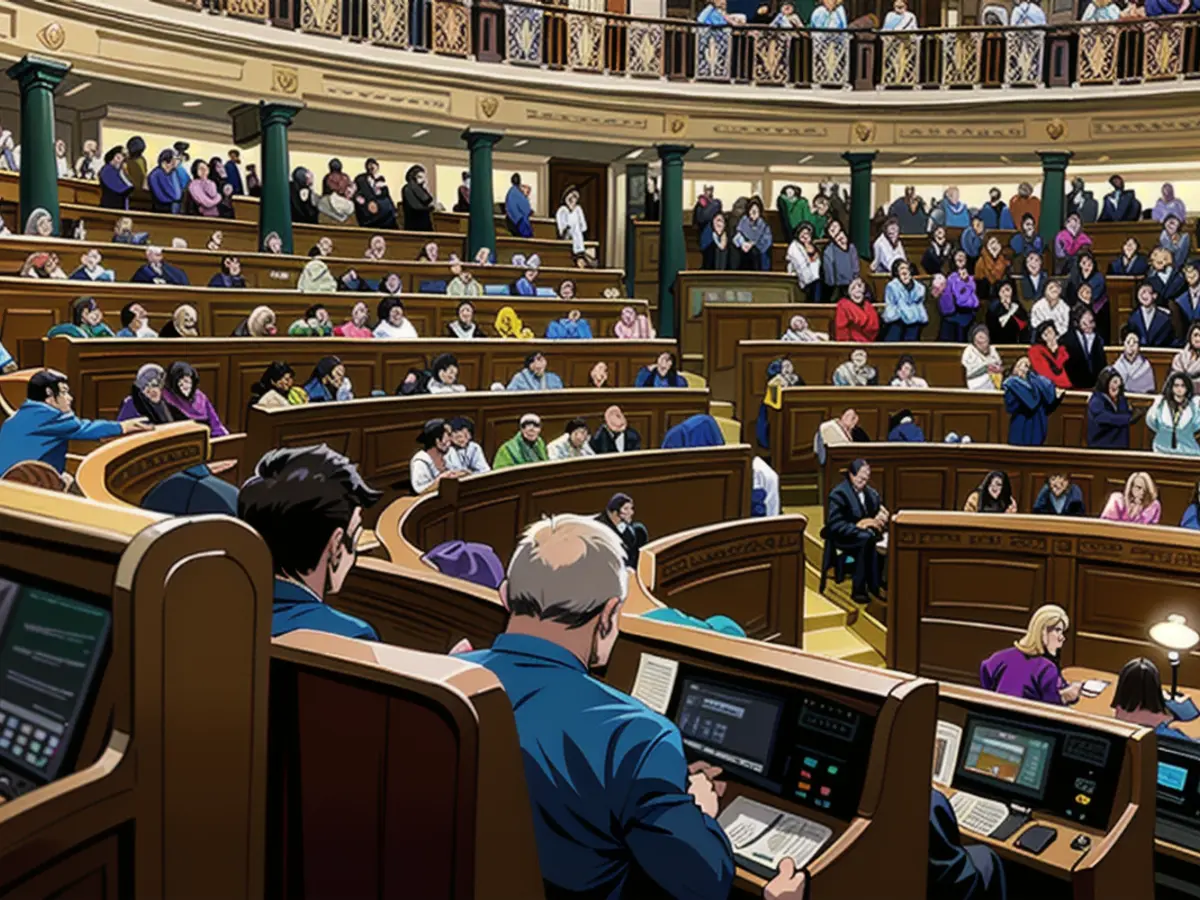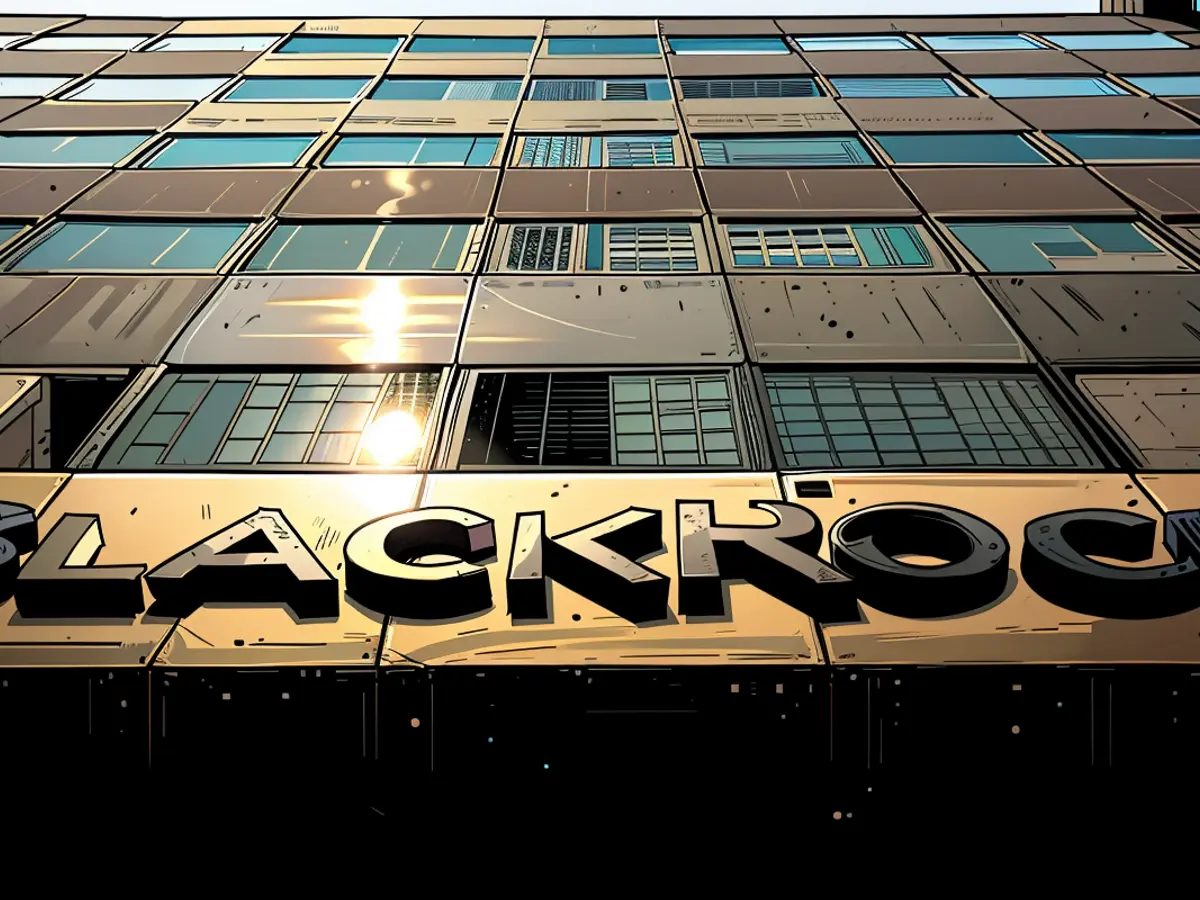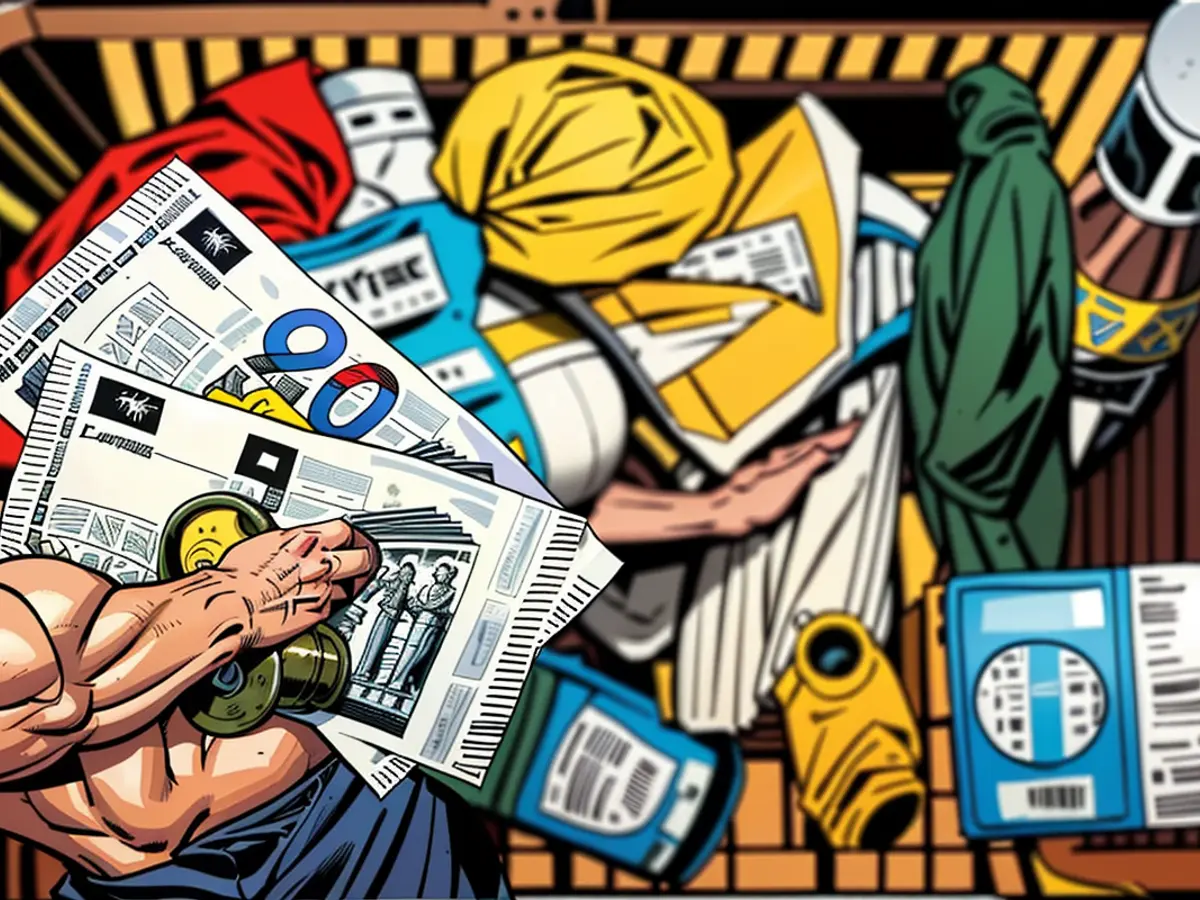The legislative body is set to convene, discussing important decisions for the nation. - Catalan separatists granted amnesty
The Spanish legislature has passed a divisive pardon for Catalan separatists. Entitled the "Law for the institutional, political and social normalization in Catalonia," it was given the green light in Madrid's lower house on Thursday, by a vote of 177 to 172. The statutes will become effective in the near future when published in the official gazette. Discussions and voting on this measure have been going on since the end of last year, resulting in a contentious debate.
This pardon package was offered by Prime Minister Pedro Sánchez as an inducement to two pro-separatist parties to back his re-election bid in November. The nationalists, including Junts, led by Carles Puigdemont, and the leftist ERC, both advocate for the detachment of Catalonia from Spain. Sánchez wants to resolve this controversy through dialogue and halt any potential secession attempts.
Salvador Illa, Sánchez's party member, was the leading candidate in the May 12 Catalan elections. The pro-independence parties, which have dominated the conflict-ridden region since 1980, did not achieve an absolute majority. The Socialists of Sánchez and Illa experienced a triumph in Barcelona, receiving the largest number of votes and parliamentary seats.
Amnesty critics condemn the move
The amnesty proposal sparked fury in the fourth largest European Union country over the past few months, prompting numerous protests attended by thousands of protesters. The opposition leader, Alberto Núñez Feijoo from the conservative People's Party (PP), branded the measure a "national disgrace" and a "global disgrace." Sánchez retorted with allegations of "political corruption," suggesting Feijoo had bought his re-election through the amnesty.
Amidst this unrest, the amnesty covers individuals involved in legal battles since 2012, in relation to the secession movement. Exceptions include terror-related crimes. Puigdemont, who leads Catalonia into chaos post-unlawful independence referendum and vote for secession in 2017, is among those who could benefit. Although he fled and has lived in exile in Belgium since the crackdown led by the central government, he may soon return.
Around 400 individuals will be covered by the pardon. Currently detained separatists, who received prison sentences of up to 13 years, stand to be released. The region continues to experience political instability and a capital flight in the aftermath of the failed secession.
Read also:
- Year of climate records: extreme is the new normal
- Precautionary arrests show Islamist terror threat
- UN vote urges Israel to ceasefire
- SPD rules out budget resolution before the end of the year
Source:








